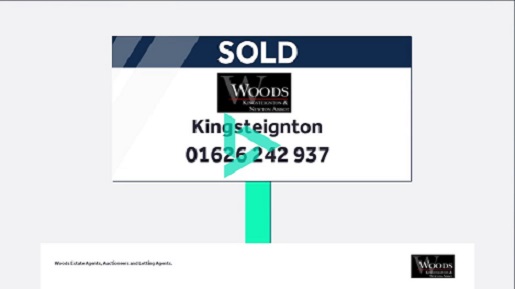Q: I’ve seen properties for sale by private treaty, formal tender and informal tender – what’s the difference?...
Q: I’ve seen properties for sale by private treaty, formal tender and informal tender – what’s the difference?
A: All these methods are offered by estate agents. Most properties are sold by Private Treaty, whereby a property is advertised at an asking price on the open market and when an offer is made, a sale price can be negotiated and agreed. At this point, the property becomes Sold Subject to Contract while the legal searches are carried out and contracts drawn up. When everything is in order and the sale/purchase can proceed, the contracts are signed and exchanged, the deposit paid and a completion date set. This process works to an unspecified timeframe and either party can withdraw from their sale or purchase up to the point of exchange of contracts – this is the contentious part of the current home buying/selling process in the UK. The transaction is legally binding at the point of exchange of contracts, and then the settlement of outstanding funds and handover of keys mark the transfer of ownership and completion.
Sale by Informal Tender is less common and is used if there are – or there are expected to be – several interested buyers. The property is advertised as normal on the open market. Prospective buyers are asked to submit a sealed bid (or ‘tender’), usually within a specific timeframe and then the vendor and their agent selects either the highest bid or the one from the most suitable buyer, whichever is the more important factor under the vendor’s circumstances. The property then becomes Sold Subject to contract and the transaction proceeds in the same way as a Private Treaty sale/purchase.
The more unusual method is sale by Formal Tender, which combines the processes of both informal tender and auction. The legal pack is prepared before marketing and the property is marketed openly for a set amount of time, during which, bids are invited. Unlike Informal Tender, interested parties sign a contract and provide deposit details when placing their bid (or ‘tender’), and unlike Public Auction, all bids are confidential. The highest or most suitable tender is selected and upon acceptance the deposit is paid, and contracts are immediately exchanged, legally binding both the buyer and seller to the transaction. With the legal work, deposit and contracts already in place, completion is set for a date usually within 28 days.
Your estate agent will be able to advise which is the most appropriate method for your property and your circumstances.
Question answered by Sarah Thomas, a senior negotiator at our Preston Paignton office.
If you have any questions regarding property sales or lettings just ask using woods@woodshomes.co.uk and we will try to answer them.






Share this with
Email
Facebook
Messenger
Twitter
Pinterest
LinkedIn
Copy this link